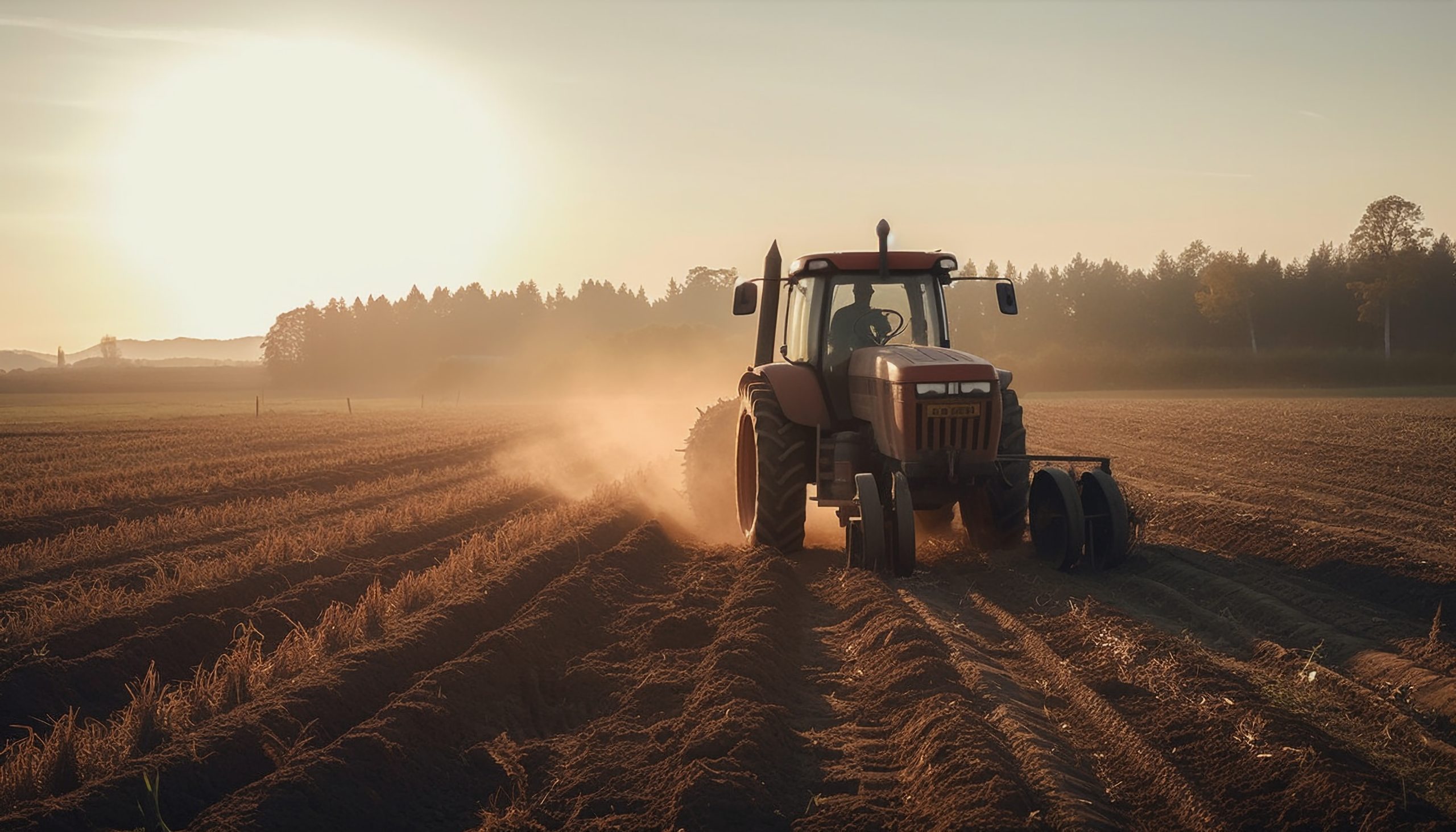A competitive EU farming sector based on a farmer-focused common agricultural policy: Council approves conclusions

Today the Council unanimously approved a set of conclusions on a farmer-focused post-2027 common agricultural policy (CAP), towards a competitive, crisis-proof, sustainable, farmer-friendly and knowledge-based future EU agriculture.
The conclusions approved today by the 27 EU agriculture ministers point out the importance of the CAP in reaching those objectives, and underline the key goals of ensuring food security, while guaranteeing a fair standard of living for the agricultural community, and reasonable prices for consumers.
The conclusions reflect the Council’s expectations for the future common agricultural policy, aiming for a competitive and farmer-focused sector – one of the overarching priorities of the Hungarian presidency. The conclusions call for dedicated and appropriate resources for the CAP to efficiently respond to its multiple objectives and urge to maintain a separate and independent CAP containing two pillars. Direct payments should continue to support farmers’ income stability. They also underscore our commitment to delivering concrete solutions and incentives to support farmers in the green transition.
István Nagy, Hungarian Minister for Agriculture
Farmer-focused future CAP
The 27 EU agriculture ministers highlighted the strategic importance of the CAP and its role in ensuring food security and safety.
In this context, they noted that dedicated and appropriate resources and instruments are needed for the CAP in order to efficiently respond to its multiple objectives and urged to maintain a separate and independent CAP containing two pillars. Ministers stressed the fact that the CAP, through direct payments to farmers and other forms of support, should help ensure that farmers have a stable income and provide them with incentives to contribute to the green transition.
The Council also agreed that rural development should continue to have a strong role in the architecture of the CAP by supporting the viability of rural areas.
Enhancing competitiveness and improving the position of farmers in the food supply chain
The Council recognised that it is important to improve the functioning of the food supply chain, the distribution of value added and to ensure increased transparency and fair remuneration for farmers. Ministers underlined the importance of farmers’ income stability to maintain economically viable and competitive agricultural activities and food production in all regions of the EU.
Agriculture ministers also recognised the negative trend of aging farmer population and the importance of sufficient generational renewal. Ministers agreed that support for young farmers and new farmers should be strengthened, to help ensure the sector remains attractive for future generations. Furthermore, small farms and the participation of women in the sector were highlighted as important elements for the viability of rural areas.
The Council also emphasised that support for investments is needed to promote competitiveness and sustainability.
Farmer-friendly delivery model
The conclusions call for more farmer-friendly rules and stress the need to cut red tape and simplify procedures.
In this regard, the ministers called for a simplified and accelerated procedure for approving and amending the national CAP strategic plans and easing reporting obligations for farmers.
The Council emphasised that the monitoring and evaluation system should be more efficient, transparent and simplified, and the control and sanction system must not increase the number of on-the-spot checks.
Providing incentives to farmers for the green transition
EU agriculture ministers acknowledged that farmers play a crucial role in the green transition and the CAP should continue to help the sector in its transition towards more sustainable practices. The Council considers that farmers should have adequate incentives to that end.
Ministers underlined the need to ensure the right balance between economic, social and environmental sustainability.
Crisis-proof EU agriculture
The Council acknowledged that the competitiveness of agriculture has been affected by an increasing number of extraordinary weather events, as well as of outbreaks of animal diseases and the spread of plant pests.
Risk management tools and climate adaptation measures are seen as essential for ensuring the resilience of the sector.
Additionally, to improve the way national and regional authorities deal with crises, the Council called for more flexibility in using CAP instruments. The need for quicker and simpler procedures for supporting farmers in the case of exceptional weather events was also highlighted.
Research and innovation
Research and innovation play a pivotal role in reaching our climate and environmental objectives and in ensuring that sustainable, healthy and affordable food is available to EU citizens. In this context, the Council stressed the importance of a knowledge-based approach to agriculture.
The conclusions also highlight the importance of the circular economy and the bioeconomy in supporting the green transition in the farming and forestry sectors.
Next steps
The Council calls on the new Commission to take the conclusions into account when preparing the upcoming legislative proposals on the post-2027 CAP and the text is meant as political guidance to that effect.
The Commission is also invited to consider the Council conclusions when preparing the Vision for agriculture and food, which is due to be published in the first 100 days of the new Commission.
Background
In view of the Commission’s upcoming legislative proposals on the future CAP, the Council has kicked off the process of reflecting on the future of agriculture. Today’s conclusions mark an important milestone in that process, and send clear, united messages from the agriculture ministers.
In September 2024, the Agriculture and Fisheries Council held an informal lunch discussing the results of the strategic dialogue on the future of EU agriculture, initiated by the Commission with the goal of depolarising the debates surrounding agriculture and the green transition.
In June 2024, the Belgian presidency of the Council approved a set of presidency conclusions on the future of agriculture in the EU, which were backed by 26 member states.
The Council conclusions unanimously endorsed today by the Council, as a non-discussion item, had been previously issued as presidency conclusions during the October Agriculture and Fisheries Council meeting, when they were backed by 26 member states.
